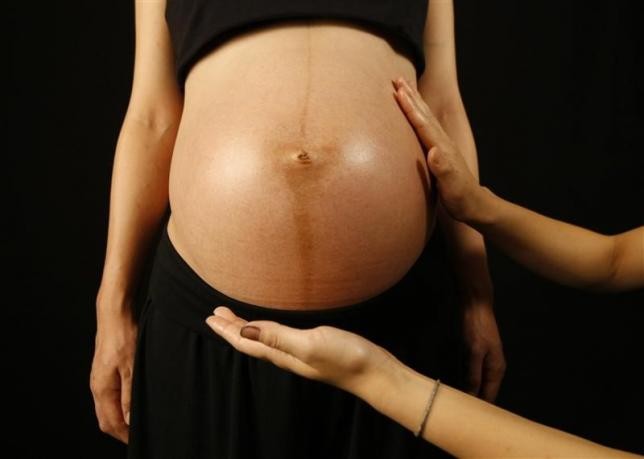The World Health Organization (WHO) acknowledged the efforts of Cuba in eliminating mother-to-child transmission of HIV and syphilis.
WHO validated Havana's achievement by announcing on Tuesday in a press conference wherein UNICEF Chief of Health Dr. Mickey Chopra said that given the technology, tools and knowledge, it's a matter of time before those two major health issues are addressed by the country's health authorities.
Miami Herald reports that the United States have met the requirements to qualify for a similar designation, however, Washington has not yet requested validation from WHO. More than 20 other nations have initiated similar measures and have shown interest in also being recognized by WHO.
Before WHO issued the designation to Havana, officials from the agency toured health centers, laboratories and government offices for five days in March. Cuba's efforts paid off since in 2013, only two babies were born with HIV and three infants with syphilis.
Havana did it by providing early access to pregnant women prenatal care, screening for the two sexually transmitted diseases for pregnant women and their partners and treatment for women and their babies diagnosed with the ailments. To qualify for WHO validation, there must be no less than two in 100 babies born to women with HIV and less than one for every 2,000 live births.
It is not just in Cuba where HIV births have decreased. The trend is similar across Latin American and Caribbean nations where HIV births were reduced by 45 percent during the three-year period from 2010 through 2013. Across the Americas, beside the U.S., five other countries have sought WHO validation of eliminating mother-to-child transmission of the two ailments. The five are Puerto Rico, Montserrat, Canada, Barbados and Antigua.
Globally, about 1.4 million females who have HIV become pregnant. Unless they undergo treatment, chances of the unborn child acquiring the diseases is from 15 to 45 percent. The transmission could be from pregnancy or during labor, delivery or breastfeeding. By providing the pregnant women and their babies with anti-retroviral drugs, the chance of the infant acquiring HIV virus could go down to as low as 1 percent.
Who Director-General Dr. Margaret Chan described Cuba's validation as "one of the greatest public health achievements possible. Dr. Carissa Entienne from the Pan American Health Organization, a partner of WHO in the effort, added, "Cuba's achievement today provides inspiration for other countries to advance towards elimination of mother-to-child transmission of HIV and syphilis," quotes BBC.



























